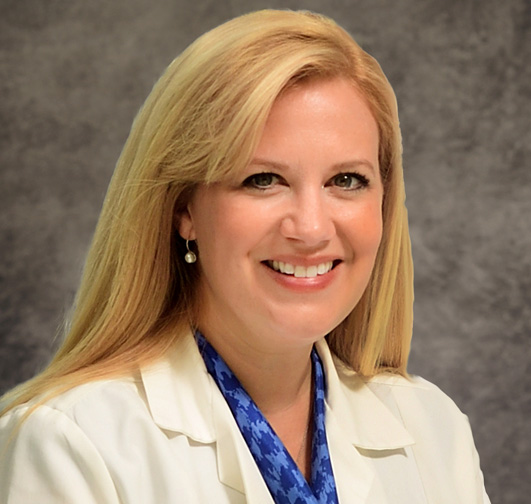Emory Transplant Center successfully renews NIAID/NIH T32 training grant in transplantation science

JULY 2022
The National Institute of Allergy and Infectious Diseases (NIAID) of the National Institutes of Health (NIH) has notified the Emory Transplant Center (ETC) that its proposal to fund the Advanced Research Training in Transplantation Science training program (ARTTS) received a perfect score and another five years of additional funding.
The ARTTS is led by Mandy Ford, PhD, scientific director of the ETC, and was initially funded by the NIAID/NIH in 2006. This National Research Service Award (NRSA) Institutional Research Training Grant (T32) supports general surgery residents on research sabbaticals in Emory transplant immunology and biology labs, as well as trainees from other medical specialties with an interest in transplantation science.
The mission of the ARTTS is to prepare the next generation of transplantation scientists and to inspire medical residents in the areas of general surgery, nephrology, hepatology, and infectious disease, as well as PhD immunologists, to pursue research-intensive careers in transplantation biology. The number of scientists entering the field has decreased in recent years, while the population of patients requiring innovative, scientifically sound solutions to transplant-related problems continues to increase, underscoring the importance of the program's imperatives.
Thus far, over 90% of the ARTTS' former trainees have either advanced to research-intensive careers or additional training.
"The success of this project relies on a diverse team of highly committed and productive junior and senior investigators and mentors exposing residents and students to the unique tool set required to influence the prevailing problems in transplantation," says Dr. Ford. "We teach the importance of communication and collaboration between basic, translational, and clinical transplantation sciences, and that effective investigation depends on understanding basic immunology as well as clinical and translational science analytics, bioinformatics, and solid experimental design to achieve primary aims."
Emory investigators involved with the program include Drs. Christian Larsen, Thomas Pearson, Rachel Patzer, Raul Badell, William Kitchens, and Aneesh Mehta as well as several additional collaborators in transplant-related fields.
Resident participants have the option of contributing to studies of the cellular mechanisms of T and B cell responses in transplantation and immunosuppression, specific mechanisms of lung and liver allograft rejection, the impact of immunosuppression on infectious disease, and the development of novel nanotechnology based immunotherapeutic strategies for use in transplantation.
The NIAID review also noted the panel's observation that the ARTTS has increased gender and ethnic diversity in its trainees over the past ten years.

